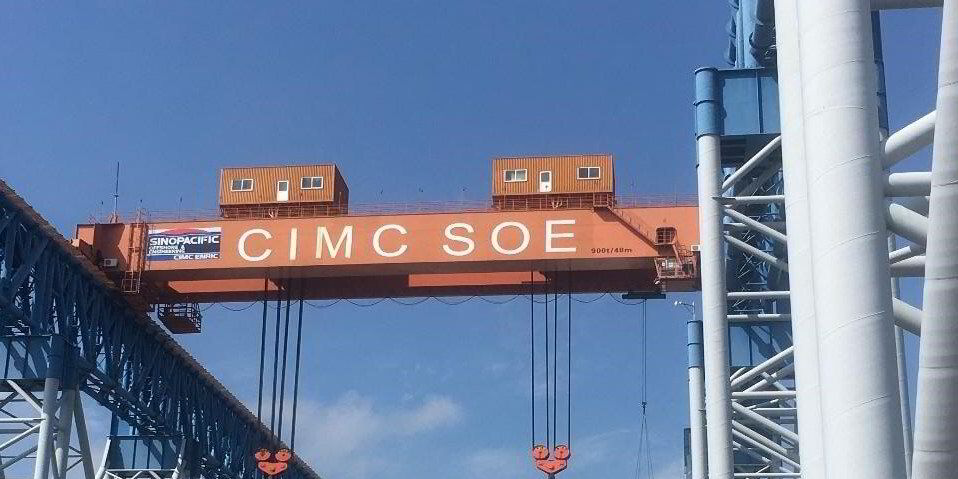Whitaker Tankers and Lloyd’s Register are claiming a biofuel-blending breakthrough for a bunker tanker.
The UK shipowner and classification society said the 4,450-dwt Whitchampion (built 2003) is now certified to
Whitaker Tankers and Lloyd’s Register are claiming a biofuel-blending breakthrough for a bunker tanker.
The UK shipowner and classification society said the 4,450-dwt Whitchampion (built 2003) is now certified to load, carry and blend fatty acid methyl esters (FAME) B100 fuel on board, in what is thought to be an industry first.
The biofuel blending approval offers a scalable solution for lower-carbon fuel supply, the companies added.
The certification was issued on behalf of the Isle of Man flag administration under the International Bulk Chemical Code and Marpol Annex II regulations.
Blending will take place with petroleum distillates and residual fuel oils.
At present, bunker tankers are limited to carrying blends of no more than 30% FAME under International Maritime Organization regulations.
Oil fuels with higher bio-content fall under the IBC Code and Marpol Annex II, typically requiring full chemical tanker status.
“That regulation has, in effect, frozen out a significant portion of the conventional bunker tanker fleet from supporting mid-to-high-range biofuel blending,” the companies pointed out.
The operation is authorised within UK coastal waters under an agreement between the Isle of Man register and the UK Maritime and Coastguard Agency.
A second Whitaker tanker, the 4,500-dwt Whitchallenger (built 2002), will be undergoing a similar approval process and is expected to be certified later this year.
The class society developed an approach that involved the mitigation of the assessed risks.
This led to LR obtaining waivers/exemptions from the flag administration, without the ship needing to convert to full chemical tanker status.
Tim Wilson, principal specialist in fuels and emissions at LR, said: “This certification demonstrates a credible and commercially viable route for existing bunker tankers to participate in the energy transition.
“It sets a clear blueprint for others to follow, enabling owners to consider the possibility of adapting existing bunker tankers for sustainable fuel delivery without resorting to prohibitively expensive conversions or replacement with a chemical tanker.”
Whitaker Tankers technical director Peter Howard said the certification is the result of focused determination from all involved and underlines Whitaker’s commitment to providing clients with the flexibility they need to meet their decarbonisation goals.
Content Original Link:
" target="_blank">































